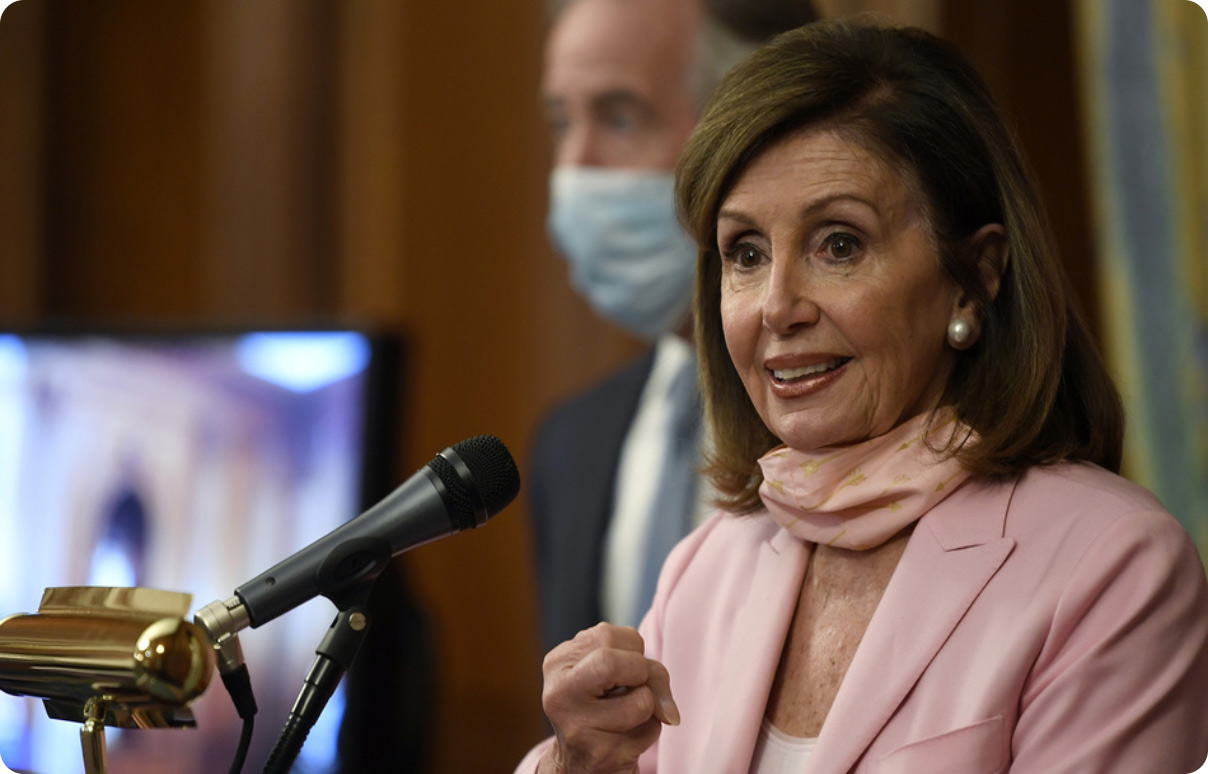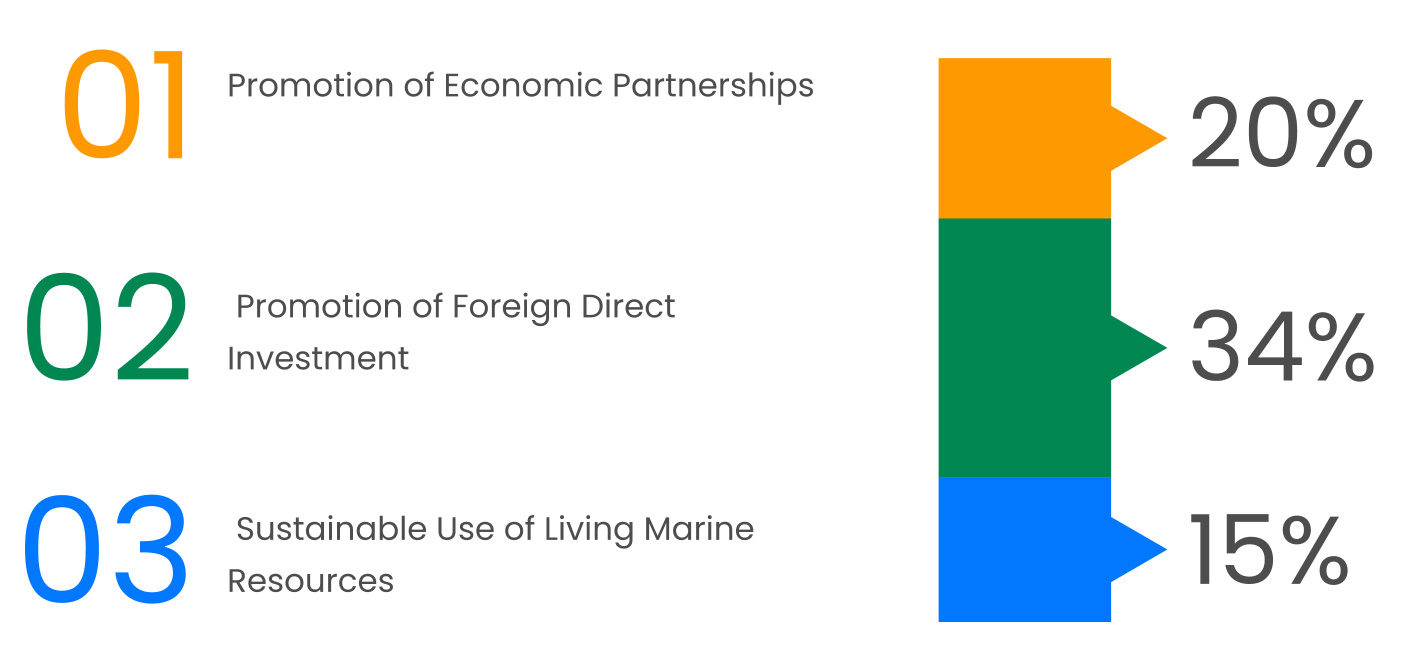
The promotion of high-level economic partnerships constitutes one of the pillars of the Growth Strategy, which aims to raise the FTA ratio to 70% (18.9% in 2012) by 2018.
The multilateral trading system centered on the World Trade Organization (WTO) plays a vital role in negotiations aimed at trade liberalization as well as putting existing rules into practice.
Concerning the G7 Summit, where the leaders of developed countries meet to discuss policy cooperation, the G7 Taormina Summit was held in May under the Presidency of Italy. Half of the G7 leaders, including the U.S.

There is perhaps no better example of economic statecraft, and its dual mandate to promote growth and security, than US economic policy in the aftermath of WWII. The United States invested billions of dollars through the Marshall Plan to rebuild war-ravaged European countries to not only contain the threat of Soviet communism, but to build a global economic order based on the belief that liberal economic policy.
The Economic Diplomacy Initiative aims to investigate the critical role that economic relationships play in enhancing global security. Today, as nations seek to limit the human and economic costs of the transnational COVID-19 pandemic, global policy coordination is more important than ever. Synchronized monetary


Economic Partnership Agreements (EPAs) and Free Trade Agreements (FTAs) help capture the vitality of the growing market overseas and strengthen the basis of the Japanese economy, through measures such as the reduction or elimination of tariffs on goods as well as trade barriers on services, and through trade and investment rule making.


 Republic of Korea (ROK)
Republic of Korea (ROK)
 Colombia
Colombia
 Gulf Cooperation Council
Gulf Cooperation Council
 Turkey
Turkey